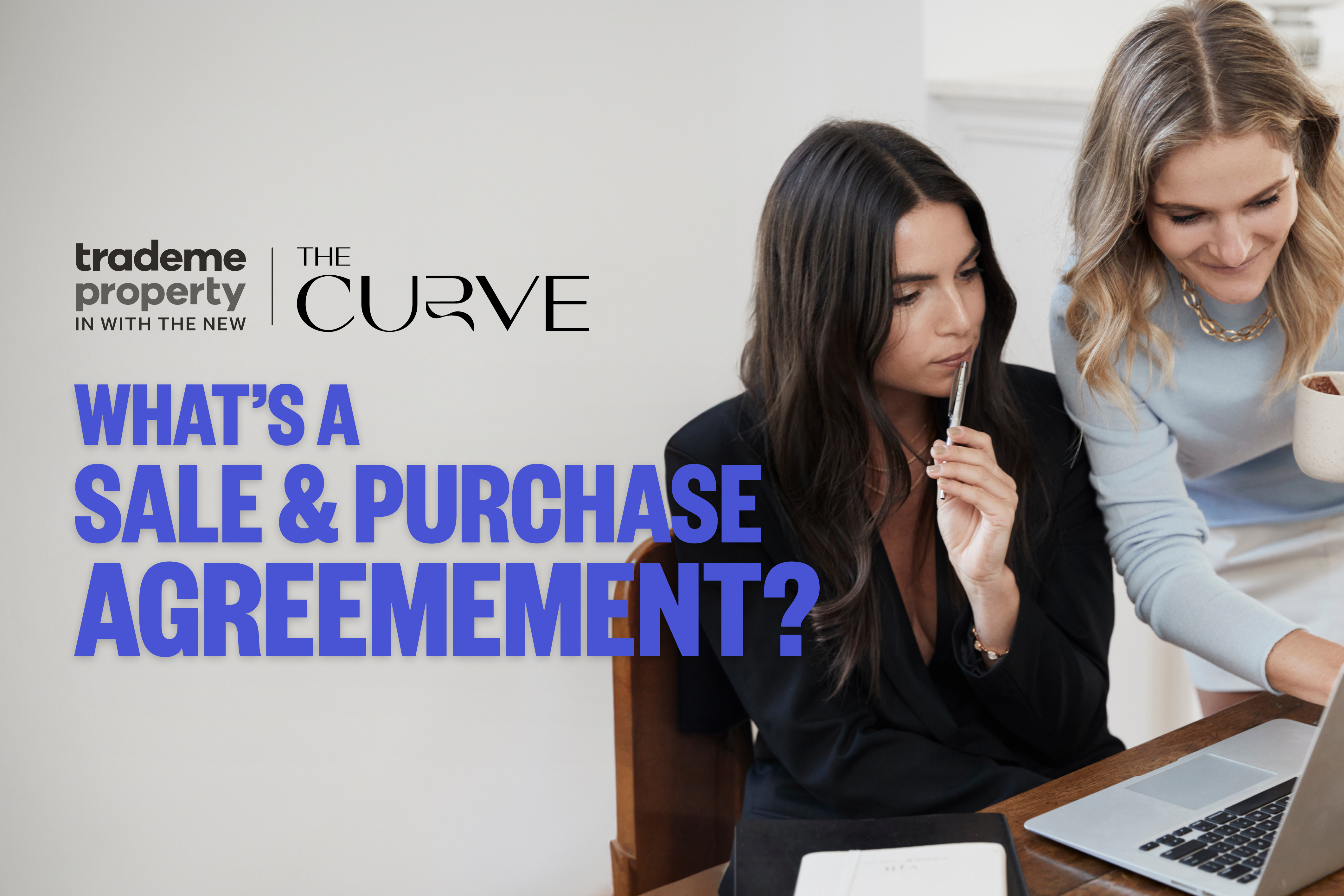Feature article
Understanding your sale and purchase agreement
The legally binding contract between buyer and seller.

How is the property being listed?
What conditions should you apply for?
When is the deposit due, and how much?
Are there any additional costs to pay?
What happens if things go wrong?
Going unconditional and preparing for settlement
Financial Disclaimer
Author
Search
Other articles you might like






